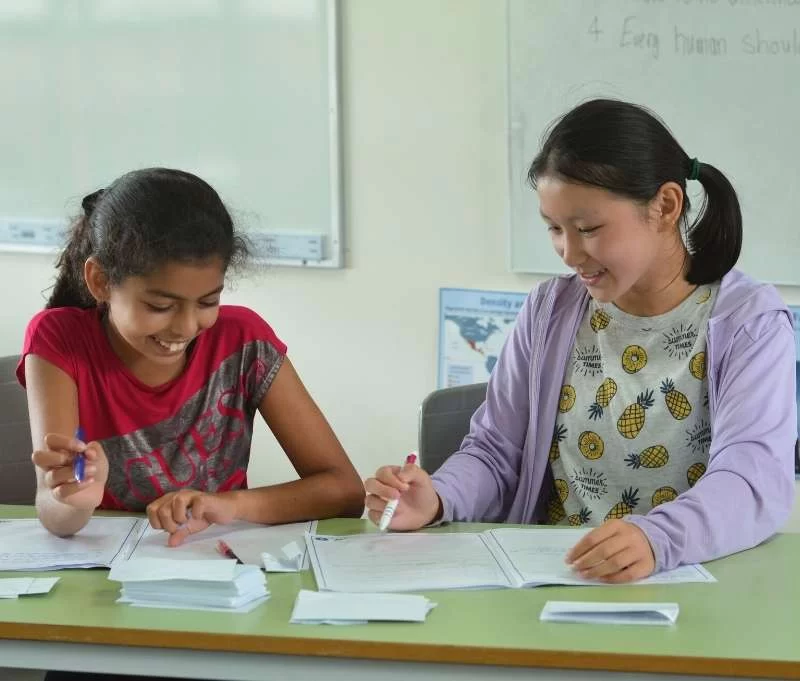How Debating and Public Speaking Can Improve Your General Knowledge
27 April 2023
By Leah Mercier
The acquisition of general knowledge is an important aspect of growing up. The things kids learn about the world can help them to engage in it in a more meaningful way. For us, building tomorrow’s well-rounded humans is all about fostering the confidence to have curiosity and think critically about world issues.
How Do Debating and Public Speaking Help?
Debating and public speaking are both wonderful platforms for building these skills, as they ask kids to think deeply about their views of the world and to present these in an engaging way to their audience.
Investigating a Current Affairs Topic in Debating
Both Debating and Public Speaking often require students to investigate and analyse a topic from the real world. When debating, the students will discover the topic 1 hour (or some other pre-disclosed window of time) prior to the debate. Within this ‘prep time’, debaters are required to brainstorm and come up with arguments for or against that topic.
For example, on the topic, “That exams should be replaced with assessment tasks,” students might come up with ideas about the impact exams have on mental health, the way that grades affect students’ career paths, and more. They may also draw upon things they have heard in the news, such as the fact that more and more universities are offering early entry before the HSC exam period.
Receiving the topic in this manner, and needing to come up with ideas quickly without access to the internet, is amazing for the development of critical thinking skills.
Investigating a Topic in Public Speaking
Public speaking is often a very personalised experience. Many students receive a prompt or brief to meet and are free to select their own topic to talk about. One of the wonderful things about public speaking is that the process of selecting a topic often encourages introspection from kids about what really matters to them, and what they find interesting in the real world.
We encourage students to find a topic they are really passionate about. The speech becomes a wonderful platform for critically thinking about an issue that impacts their own life or the lives of those around them. Whether the speech is written to entertain, inform, or persuade, a lot of students become inspired to discover interesting facts about their topic through deeper research.
The knowledge building habits that can help kids improve at debating and public speaking
We know that general knowledge is intertwined with both debating and public speaking and is often the ‘x-factor’ that can make kids stand out in competitions. So how can kids improve their general knowledge?
1. Listen to and discuss the news
Make a habit of tuning in to a kid’s news (or adult news) program at least once per week! Try having conversations about what is happening in the world by asking questions. “How do you feel about ‘x’?” and, “What was the most interesting thing you saw on the news today?”
2. Keep a general knowledge book
Grab an exercise book, and create some headings under which to collect some general knowledge. Some good headings include:
- Environment
- Law and Order
- Politics
- Sports
- Education
- Social Justice
- Science and Technology
- General / Miscellaneous
Whenever you hear something interesting, such as a fact or statistic that will be relevant for a long time, write it down in the general knowledge book! You will be surprised how fun it can be to collect knowledge in this way.
3. Get some advice from a passionate coach
Sometimes it can be wonderful to learn from those who have already done debating and public speaking. By joining a public speaking or debating course, you can chat with a passionate coach about which ideas and arguments from the real world would be well-suited to your speech.
General knowledge acquisition is a huge part of debating and public speaking, and a great reason to become involved in these activities. The critical thinkers of tomorrow all start from somewhere, so try out one of our general knowledge acquisition tips today!



